
News about Animals
Viser 97 til 120 af 238 dokumenter.

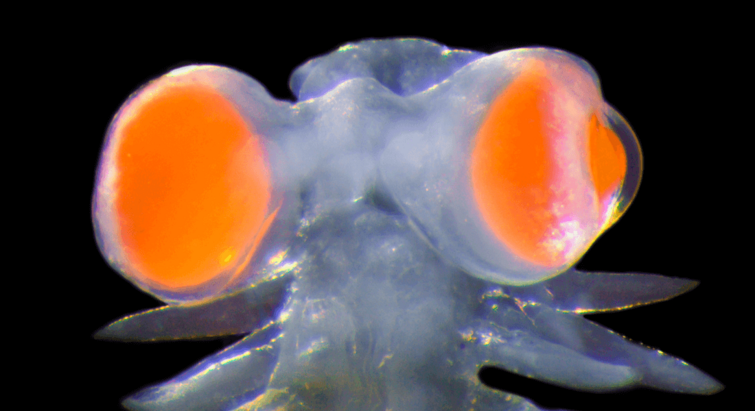
Mediterranean marine worm has developed eyes “as big as millstones"

PhD-student wins poster price at the SVEPM 2024 Conference
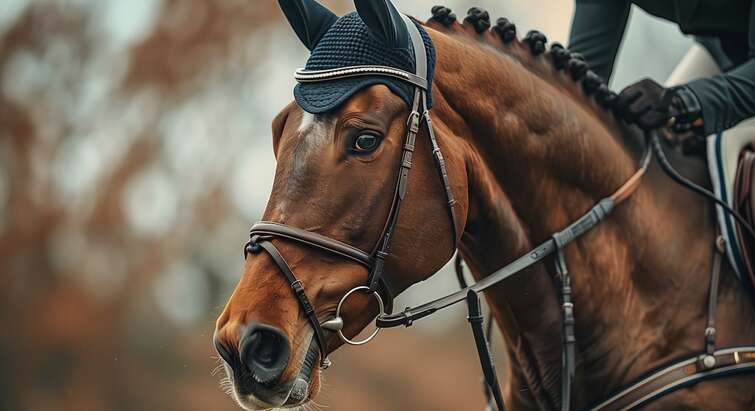
Ethicists’ commentary navigating client requests to engage in “harmless” fraud or rule-bending
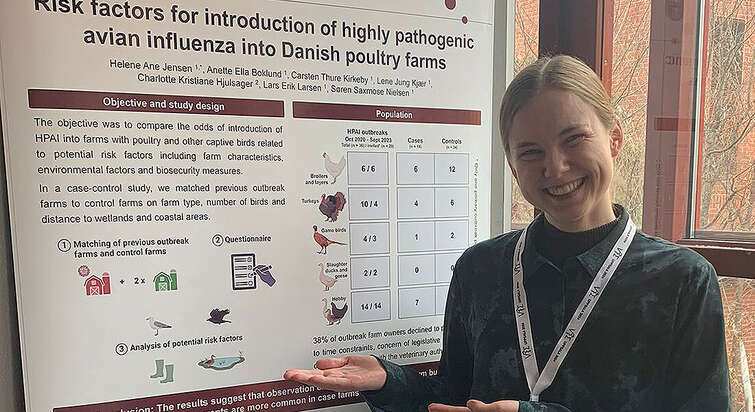
Avian Influenza Group participated in the SVEPM 2024 Conference

Cat and dog owners’ expectations and attitudes towards advanced veterinary care (AVC) in the UK, Austria and Denmark
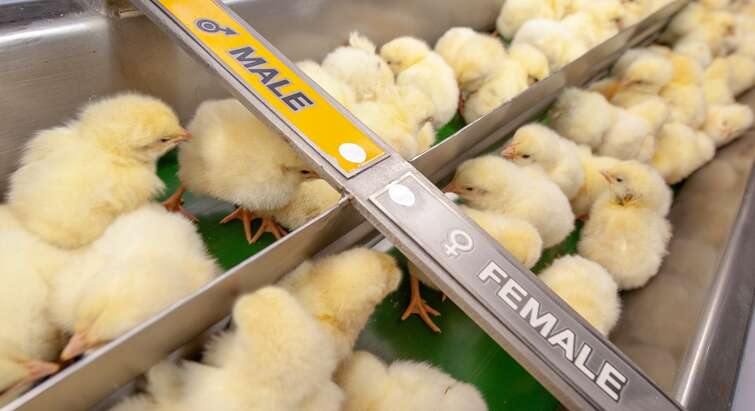
Researcher: Seven billion newly hatched chicks are killed every year – but a ban is not the solution

EU-project PREPARE4VBD held Annual meeting in Kenya
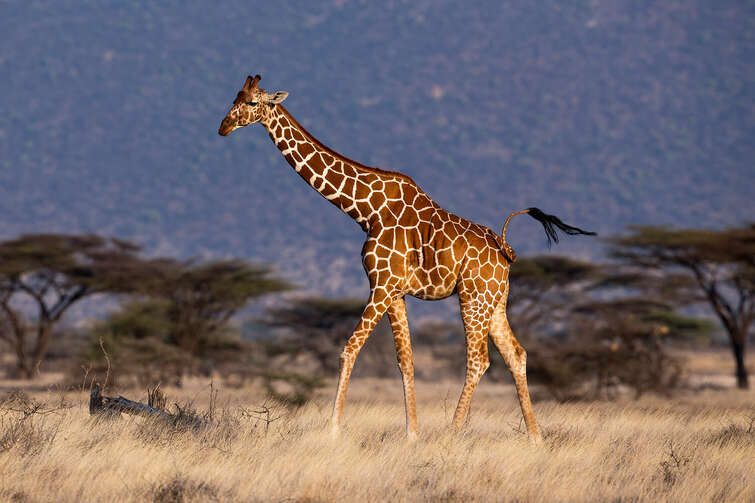
Gene flow in giraffes and what it means for their conservation

Taconic Colony Management Solutions

Transnetyx genotyping services
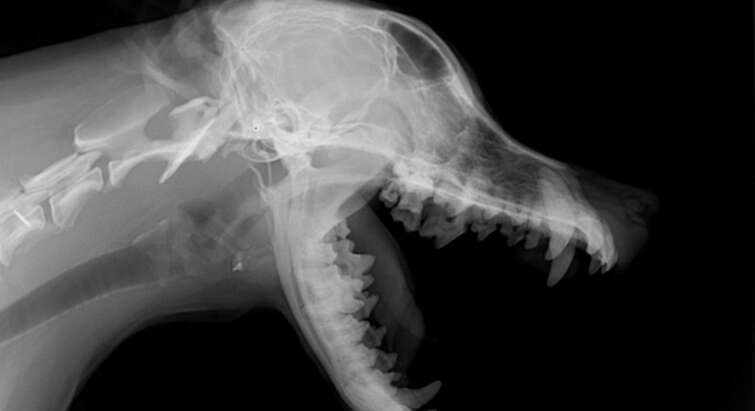
Ethicists’ commentary on considerations when judging whether to formally report a colleague’s potential misconduct
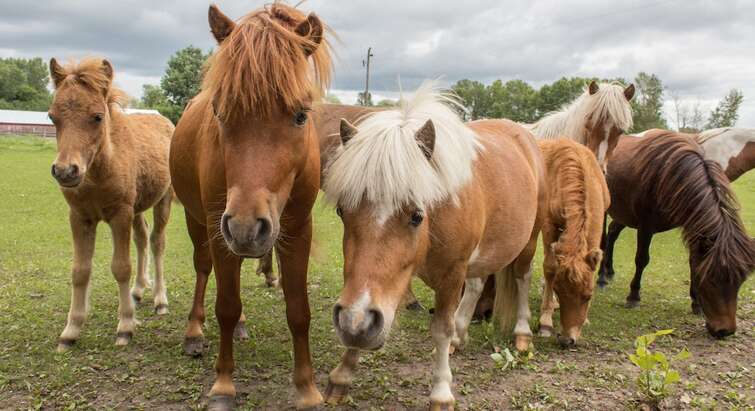
Dominance hierarchy does not influence distances travelled and area utilization in a large group of ponies
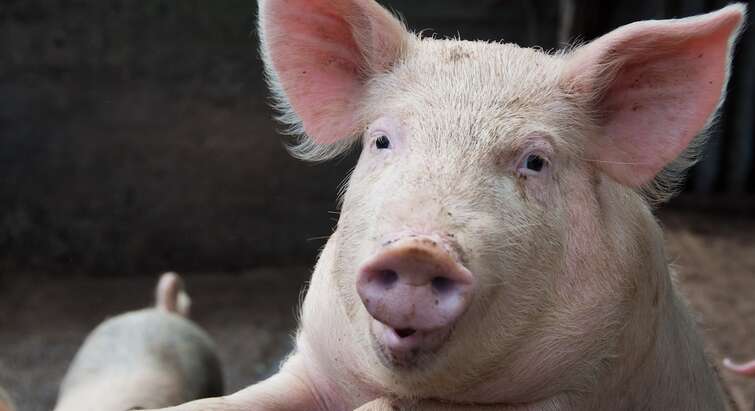
Relationship between animal-based on-farm indicators and meat inspection data in pigs
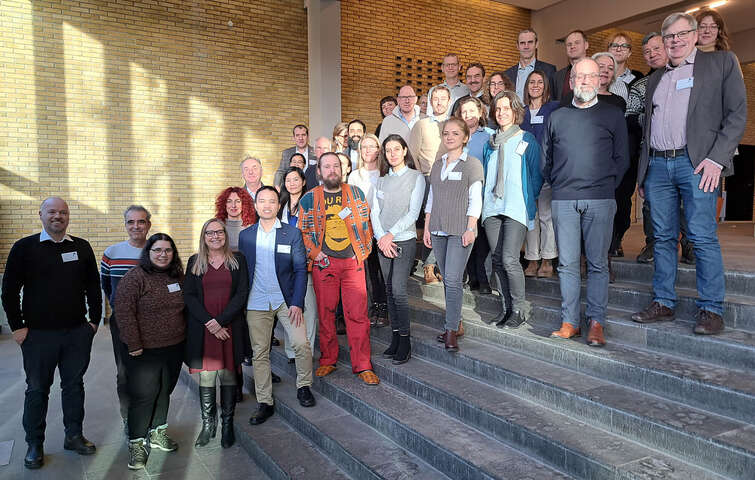
Succesful kickoff-meeting held with 20 partners from 10 countries

Impact of contaminated biological material in animals' health and in research data
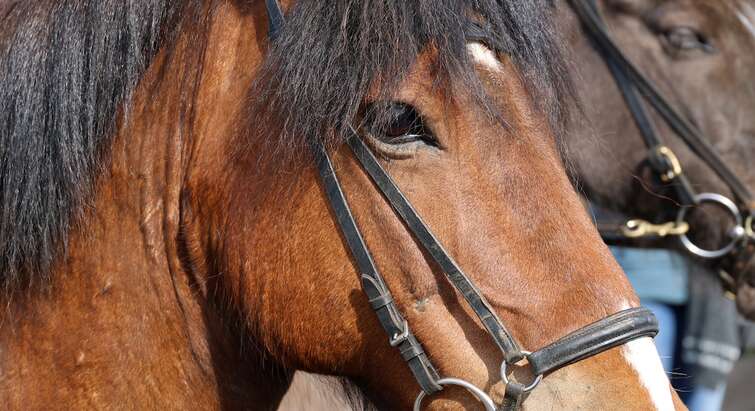
Conflict behaviour in Icelandic horses during elite competition

Ethicists’ commentary on medical and professional challenges arising from inconsistent treatment policies within a clinic
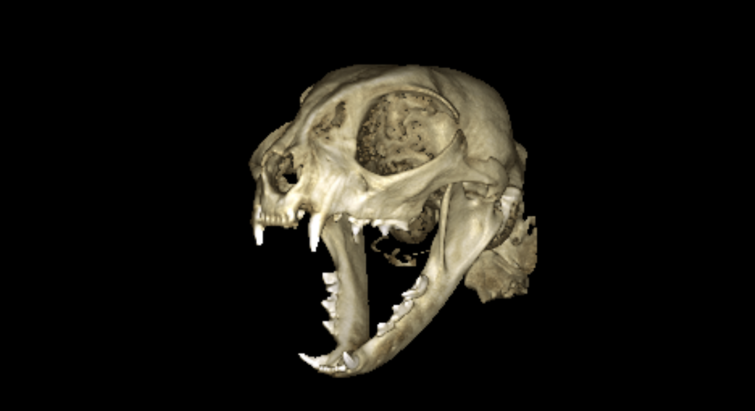
Accuracy of three diagnostic tests to detect tooth resorption in unowned unsocialised cats in Denmark
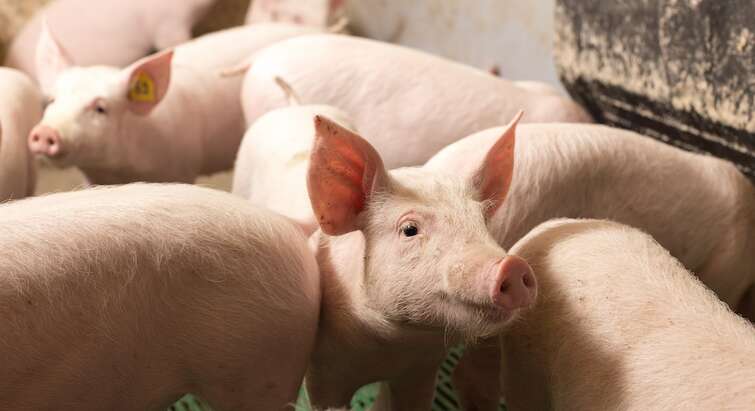
Are biters sick? Health status of tail biters in comparison to control pigs
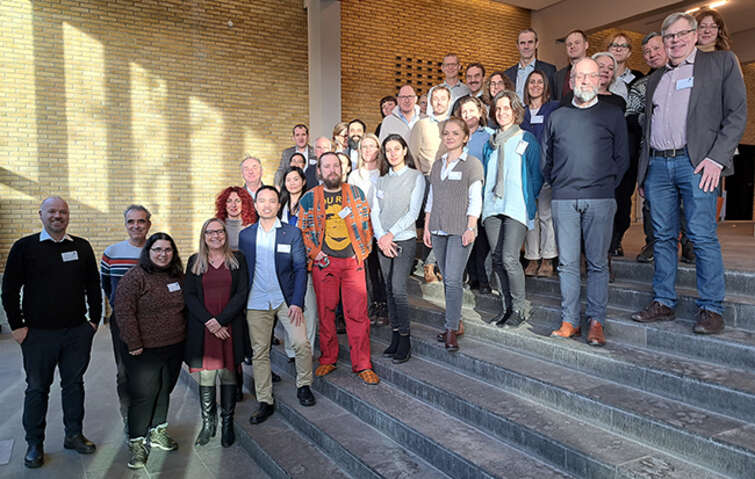
Integrating Point-of-Care Diagnostics and Epidemiological Modeling
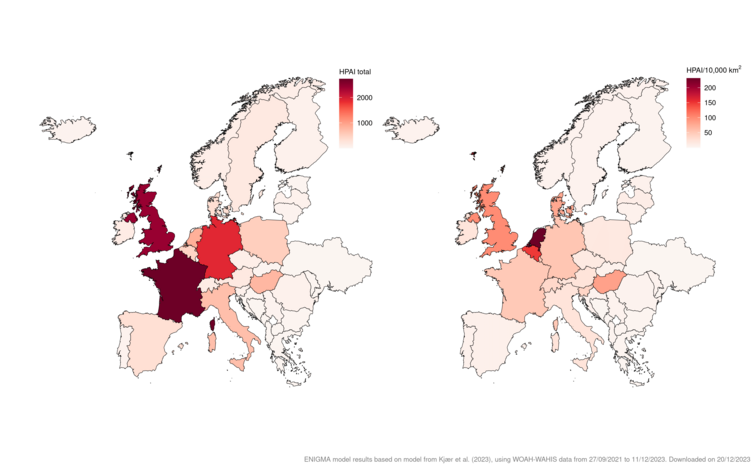
New website launched: www.enigmahpai.org
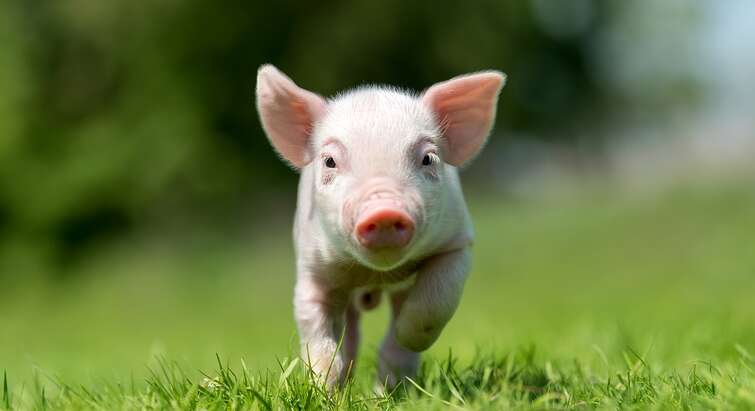
New study: Pig welfare outweighs climate concerns for consumers

